7 Best Growth ETFs to Reap the Recovery's Rewards
The market's best growth ETFs will allow investors to capitalize on an eventual economic recovery without all the risk that comes with making bets on individual stocks that could collapse.


Profit and prosper with the best of Kiplinger's advice on investing, taxes, retirement, personal finance and much more. Delivered daily. Enter your email in the box and click Sign Me Up.
You are now subscribed
Your newsletter sign-up was successful
Want to add more newsletters?

Delivered daily
Kiplinger Today
Profit and prosper with the best of Kiplinger's advice on investing, taxes, retirement, personal finance and much more delivered daily. Smart money moves start here.

Sent five days a week
Kiplinger A Step Ahead
Get practical help to make better financial decisions in your everyday life, from spending to savings on top deals.

Delivered daily
Kiplinger Closing Bell
Get today's biggest financial and investing headlines delivered to your inbox every day the U.S. stock market is open.

Sent twice a week
Kiplinger Adviser Intel
Financial pros across the country share best practices and fresh tactics to preserve and grow your wealth.

Delivered weekly
Kiplinger Tax Tips
Trim your federal and state tax bills with practical tax-planning and tax-cutting strategies.

Sent twice a week
Kiplinger Retirement Tips
Your twice-a-week guide to planning and enjoying a financially secure and richly rewarding retirement

Sent bimonthly.
Kiplinger Adviser Angle
Insights for advisers, wealth managers and other financial professionals.

Sent twice a week
Kiplinger Investing Weekly
Your twice-a-week roundup of promising stocks, funds, companies and industries you should consider, ones you should avoid, and why.

Sent weekly for six weeks
Kiplinger Invest for Retirement
Your step-by-step six-part series on how to invest for retirement, from devising a successful strategy to exactly which investments to choose.
NHL Hall of Famer Wayne Gretzky used to say, "I skate to where the puck is going to be, not to where it has been." During these trying times, these are wise words.
As it applies to growth stocks, you'll want to consider where these companies are going to be in six, 12 and 18 months. Easier said than done. It's impossible to know exactly where companies are going to be once the coronavirus finally dissipates. And that's what makes growth exchange-traded funds (ETFs) so appealing right now.
The economy is reeling. Economists are using data to help predict when the economy will bottom, and how low that bottom will be. Some, such as Goldman Sachs, have created custom economy trackers that pull various data points together to understand where the economy is headed – and more importantly, when it will bounce back. GS believes unemployment will peak at 15%, then the economy will experience a robust recovery by the end of the year.
Investors want to look ahead, not behind. But betting on individual growth stocks expected to benefit from this rapid rebound might be too risky a practice for many retail investors. Funds, however, can help you invest for growth without fearing that one company's unexpected collapse will cause you outsized portfolio pain.
These seven growth ETFs provide a variety of ways to ride an eventual economic recovery. Funds like these are extremely cheap, efficient vehicles that allow you to invest in dozens, if not hundreds, of growth stocks without having to trade them all individually in your account. They also allow you to be tactical, investing in sectors and industries you think are best positioned to rise out of this bear market.
Data is as of April 7. Yields represent the trailing 12-month yield, which is a standard measure for equity funds.
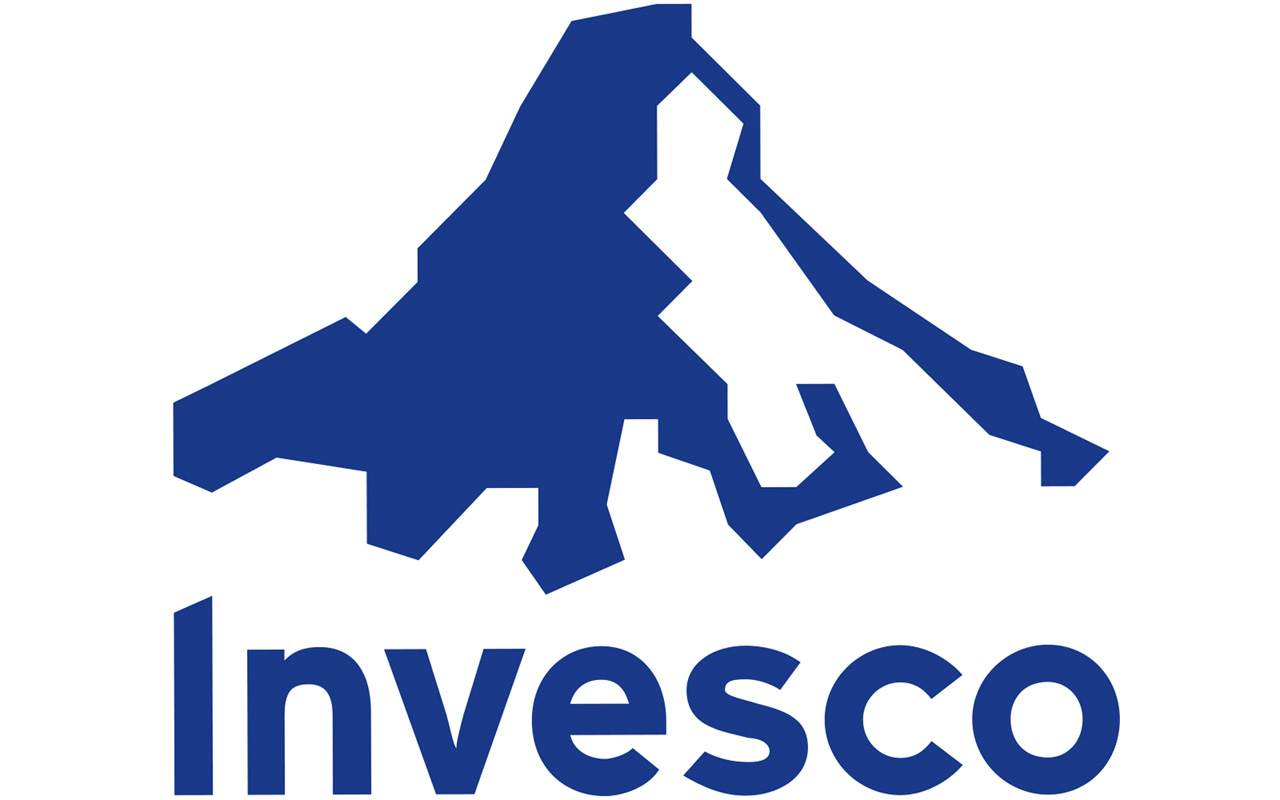
Invesco QQQ ETF
- Assets under management: $86.5 billion
- Dividend yield: 0.9%
- Expenses: 0.20%, or $20 annually on a $10,000 investment
Buying the Invesco QQQ ETF (QQQ, $196.40) is a focused bet on 100 of the most innovative companies trading on the Nasdaq stock exchange. While many of the best growth ETFs are heavy in technology stocks, QQQ is really loaded up at 45% of the portfolio. It also has large positions in communications (20%) and consumer discretionary companies (15%), as well as smatterings of a few other sectors.
Tech stocks generally tend to be more volatile than the broader markets. But as the country starts to come out of the coronavirus-induced bear turn we've been in, many of these innovative companies could lead the markets out of their doldrums.
"Nasdaq-100 companies (are) nimble and at the forefront of numerous long-term investment themes that are still in their infancy, such as big data, cloud computing, machine learning and automation," Invesco states. And it's right. Holdings include the likes of cloud leader Amazon.com (AMZN), chipmaker Nvidia (NVDA), whose semiconductors are playing a pivotal role in machine learning; and Texas Instruments (TXN), whose products contribute to the factory automation industry.
The QQQ, while positioned to do well as the economy bounces back into growth mode, also has sustained less damage so far than the S&P 500. That's because the Nasdaq-100 boasts little exposure to beaten-up sectors such as energy and financials, which also might take more time to bounce back.
Learn more about QQQ at the Invesco provider site.
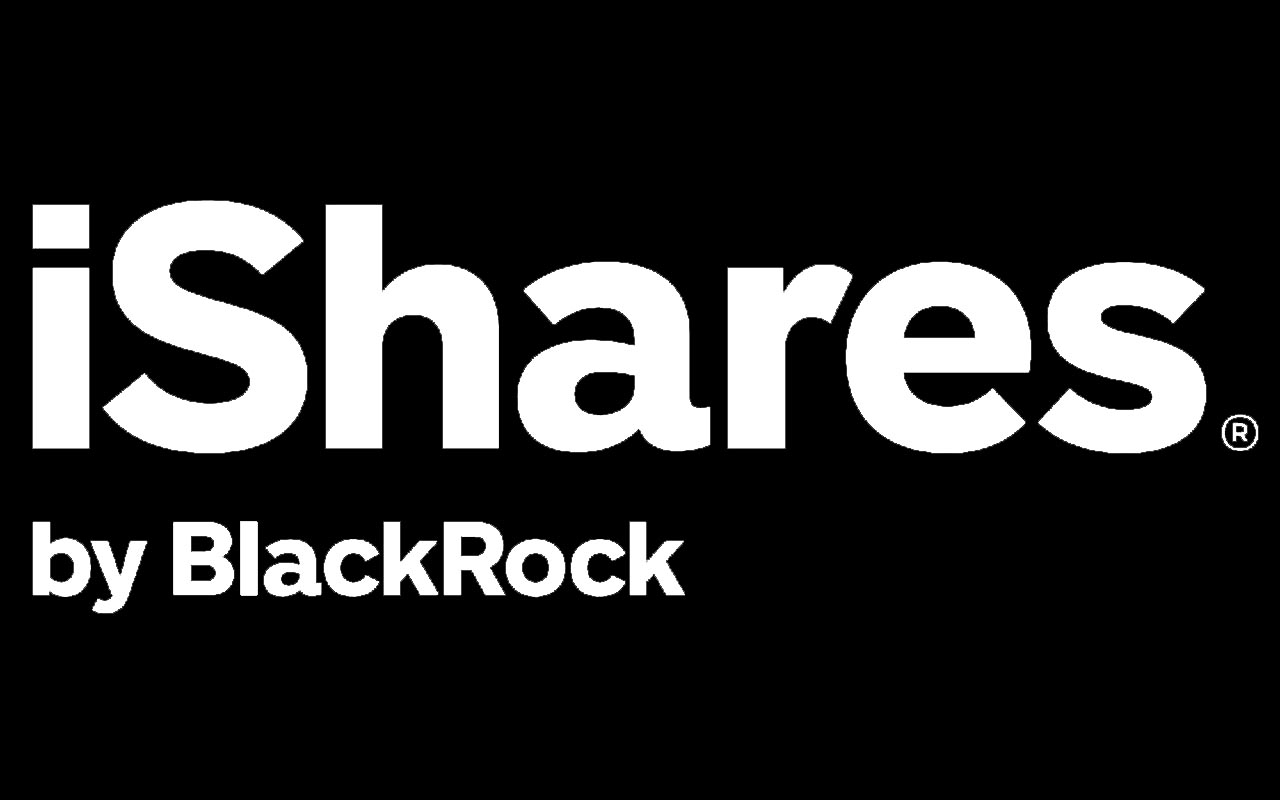
iShares Russell 1000 Growth ETF
- Assets under management: $44.1 billion
- Dividend yield: 1.2%
- Expenses: 0.19%
While the QQQ ties its wagon to a fairly tech-heavy list of names, the iShares Russell 1000 Growth ETF (IWF, $154.81) applies one of the broadest brushes to growth investing. With IWF, you gain access to the 500-plus growth stocks in the Russell 1000 Index.
It's not quite as popular as the QQQ, with only about half the assets. But it does give you ownership in a much larger group of mid- and large-cap companies that are expected to deliver above-average growth in the future. And as we come out of the coronavirus pandemic, some might argue that it is better to cast a wider net.
You'll still be well-exposed to technology, at roughly 40% of the fund. But healthcare (15%) has much more representation, and you also get double-digit exposure to consumer discretionary (14%) and communications (11.5%).
Because IWF's components are weighted based on their market values, top holdings – including Microsoft (MSFT), Apple (AAPL) and Amazon – look similar to the QQQ's. The difference is they make up less of IWF's overall weight.
Another big difference is that IWF gives you more exposure to mid-cap stocks, at about 9% of the fund versus 1% for QQQ. Mid-cap stocks are thought to be the sweet spot between large caps and small caps, offering an ideal combination of growth potential and financial stability.
Learn more about IWF at the iShares provider site.
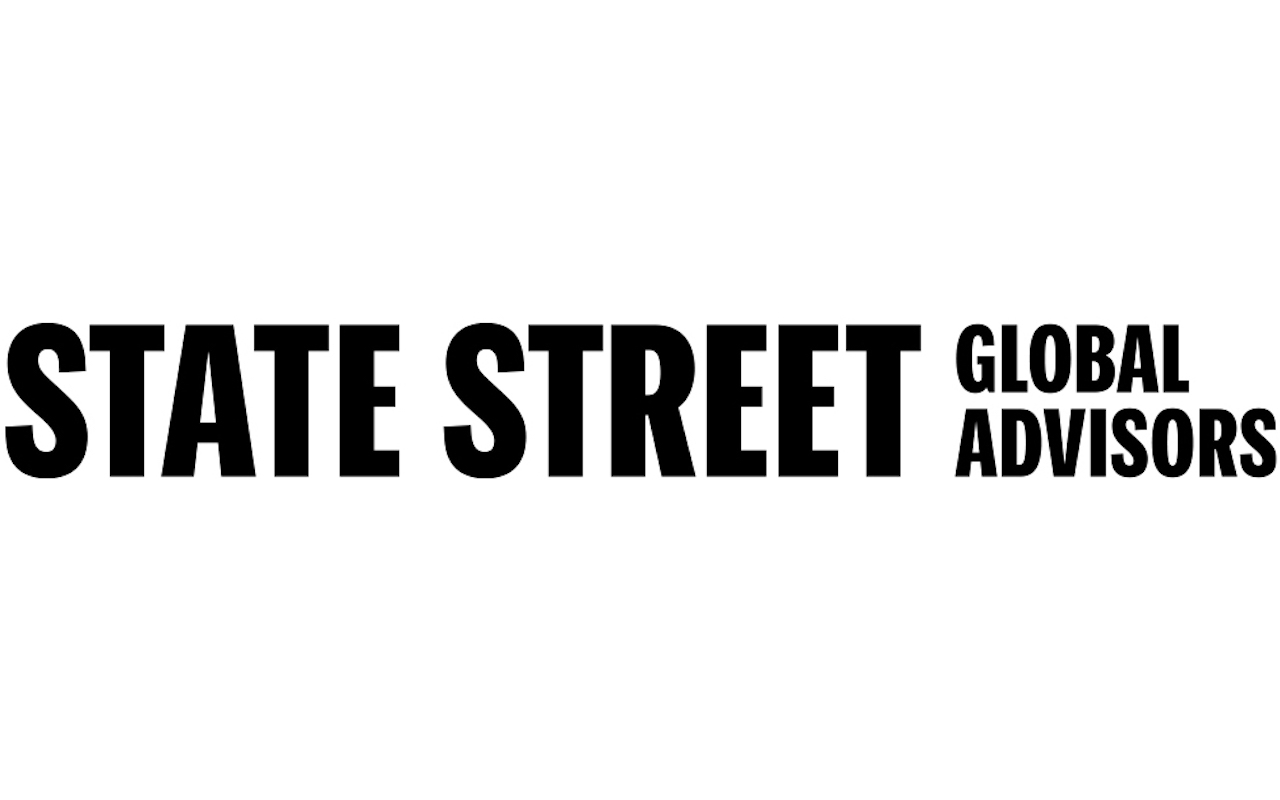
Consumer Discretionary Select Sector SPDR
- Assets under management: $10.2 billion
- Dividend yield: 1.7%
- Expenses: 0.13%
The S&P 500 bottomed on March 9, 2009, thus beginning an 11-year bull market – one that ended on Feb. 19, as the market began its descent into bear-market territory.
Consumer discretionary stocks were one of the best performing S&P sectors during the bull market. The Consumer Discretionary Select Sector SPDR (XLY, $101.59) gained 685% over this period as a result, and it's likely to be a winner yet again once a new bull market establishes itself.
During the Great Recession, consumers came out of the economic downturn less eager about spending money on premium-priced products, opting instead for private-label store brands. As we got further away from 2008, consumers resumed their spending but were putting their hard-earned cash into experiential products and services rather than their wardrobes.
Once we emerge from a coronavirus-led recession, consumer spending will return, but it's hard to know who the winners and losers will be. That makes XLY one of the best growth ETFs to own. This fund invests in S&P 500 companies engaged in retail, hotels, restaurants and other consumer-facing businesses – many of which have been severely hurt by COVID-19.
Rather than attempting to pick the winning companies from a resumption of consumer spending, you can invest in XLY's diversified bundle of names for just 0.13% annually. Just understand that the fund will continue to face significant headwinds at least until unemployment peaks and consumer confidence bottoms out.
"Consumer spending is 70 percent of GDP," Torsten Slok, chief international economist at Deutsche Bank Securities, told Politico. "An important part of what drives your and my consumer spending is your wealth and whether you have a job."
Thus, XLY is an ideal place to practice dollar-cost averaging.
Learn more about XLY at the SPDR provider site.
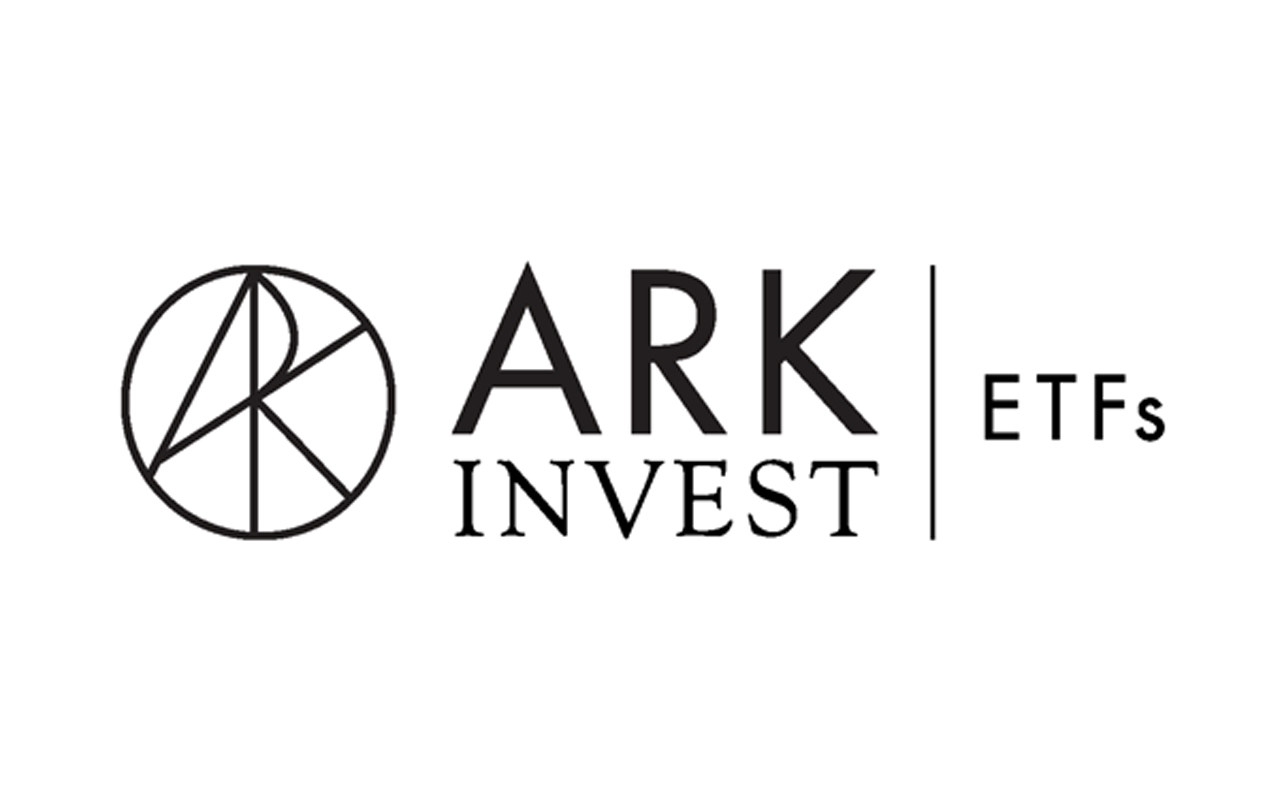
ARK Innovation ETF
- Assets under management: $2.0 billion
- Dividend yield: 0.00%
- Expenses: 0.75%
Catherine Wood is the CEO and chief investment officer for New York-based ARK Investment Management. If you haven't heard of ARK Investment, you still might have heard about her suggestion that Tesla (TSLA) stock could go to $7,000 by 2024.
Wood's ARK Innovation ETF (ARKK, $44.22) – a rarity among growth ETFs in that it's actively managed –outperformed every ETF with assets greater than $1 billion over the past three years through mid-February, Bloomberg writes. That's a total return of 165%, if you're counting.
Wood's focus is innovative companies.
"We have not set up our research by sector and specialization, we've set it up by innovation platform, each of which cuts across sectors," Wood told MarketWatch in a December interview. "All of them include technology."
Tesla is the ETF's largest holding with a weighting of 10.9%, followed by gene sequencer Illumina (ILMN, 7.3%), payments service Square (SQ, 7.1%) and genetic testing specialist Invitae (NVTA, 6.5%).
On the ARK Invest website, Wood points out that innovation traditionally doesn't fare well during a bear market. However, she's confident that coming out of the coronavirus pandemic, the 35 to 55 stocks ARKK typically holds will perform better than expected.
"As is typical during periods of turbulence and fear, consumers and businesses are willing to think differently and change their behavior," Wood wrote on March 17. "As both look for cheaper, more productive, or more creative ways to satisfy their needs, we believe that disruptive innovation will take root and gain significant market share."
And with market share gains should come superior results.
Learn more about ARKK at the ARK Invest provider site.
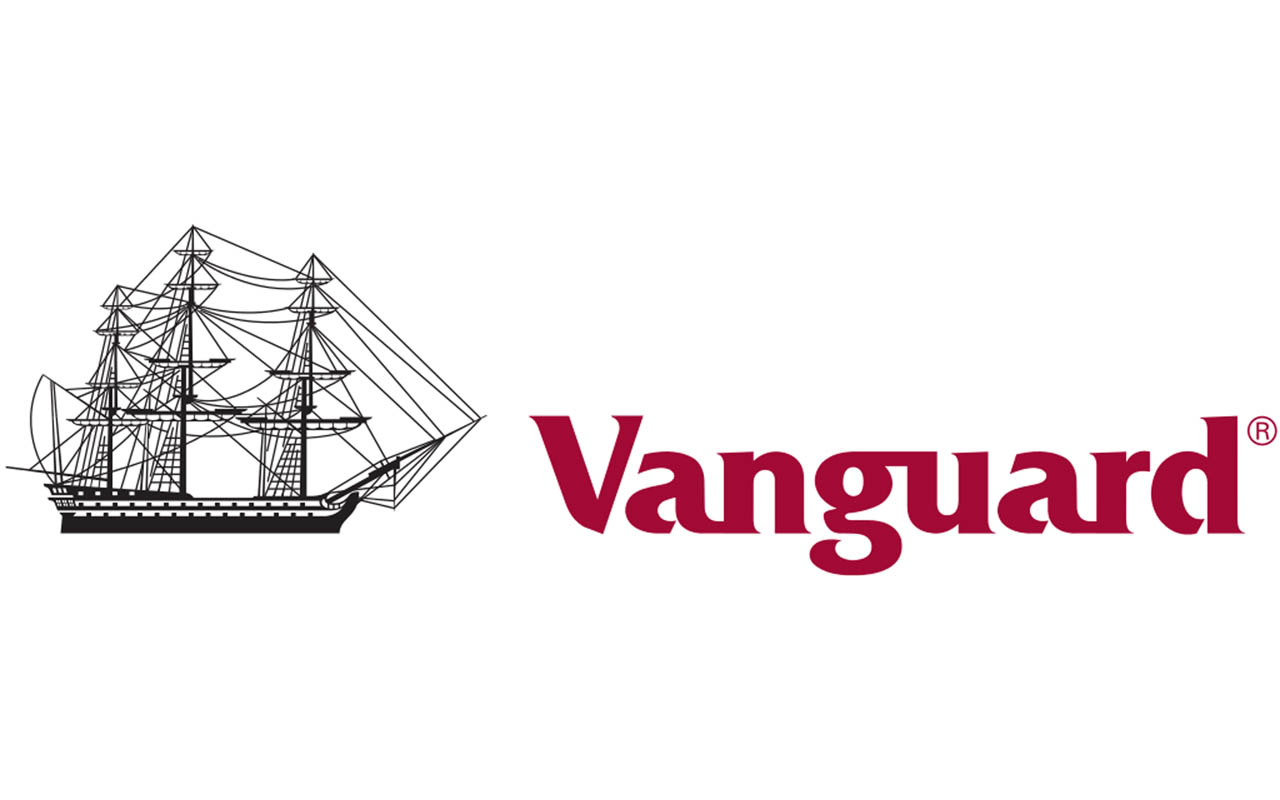
Vanguard Small-Cap ETF
- Assets under management: $21.2 billion
- Dividend yield: 2.0%
- Expenses: 0.05%
During a bear market like the one we're currently in, the temptation is to put all of our equity investments in one large-cap basket. The rationale? If the biggest American companies are having troubles, smaller companies can't possibly do well during such uncertainty.
There's no question small-cap stocks are getting crushed by the coronavirus panic. The Russell 2000 performed nearly 7 percentage points worse than the S&P 500 between the Feb. 19 market peak and the March 23 lows. But it also has been slower to rebound, up just 14% to the S&P 500's 19% since then.
That said …
"During every financial crisis, there's a fair amount of fear, panic, and overreaction," Sebastian Page, T. Rowe Price's head of global multi-assets, said in March. "Investors who stay the course, or even better, take advantage of opportunities, will come out better on the other side."
One of those opportunities lies in beaten-down small caps, which now trade at less than 11 times forward-looking earnings estimates. That's well below their long-term average of 14, and their cheapest valuation since 2008. The Russell 2000 also is trading at its largest discount to the S&P 500 since 2001.
The Vanguard Small-Cap ETF (VB, $115.63) tracks the CRSP US Small Cap Index, and not the Russell 2000, but it nonetheless provides a super-cheap way to play a huge basket of small-cap stocks. For just 5 cents for every $100 invested, you get access to more than 1,300 companies.
Just note that the median market cap of these stocks is $4.2 billion, which means hundreds of these companies are really mid-caps (market cap between $2 billion and $10 billion), making it more of a "smid-cap" fund than a pure-play small-cap ETF. Nonetheless, you're buying into a potential bounceback driven not just by growth, but relative value.
Learn more about VB at the Vanguard provider site.

WisdomTree Emerging Markets ex-State-Owned Enterprises ETF
- Assets under management: $835.3 million
- Dividend yield: 2.6%
- Expenses: 0.32%*
While the U.S. is currently in the middle of its battle with the coronavirus, the Chinese are getting back to work, fuel consumption is almost back to normal levels, and factories are open for business.
The world is watching to see if it can walk a fine line between reopening its economy and maintaining mass testing for COVID-19. If it can do that, emerging markets – of which China is the biggest – might just take flight.
Among international growth ETFs, the WisdomTree Emerging Markets ex-State-Owned Enterprises Fund (XSOE. $25.20) is an excellent way to ride a rebound in China and other EMs rebound. Why do you want to avoid getting involved state-owned firms? Well, WisdomTree argues they're not run as efficiently and reduce the maximum long-term return for shareholders.
XSOE tracks the performance of the WisdomTree Emerging Markets ex-State-Owned Enterprises Index, which invests in emerging-markets stocks that aren't state-owned enterprises (SOE). A note that WisdomTree defines any company as an SOE if it's more than 20% state-owned.
In terms of country weightings, China is the largest holding at 39% of the fund, followed by Taiwan (12.7%) and South Korea (12.5%). Seventeen other countries split the rest of the fund's assets. A few of the top-10 holdings, which make up more than a third of the portfolio's weight, are well-known here to U.S. investors and consumers: Samsung, Tencent Holdings (TCEHY) and Alibaba Group (BABA) among them. The rest of XSOE's weight is piled into roughly 535 other stocks.
* Includes 26-basis-point fee waiver.
Learn more about XSOE at the WisdomTree provider site.
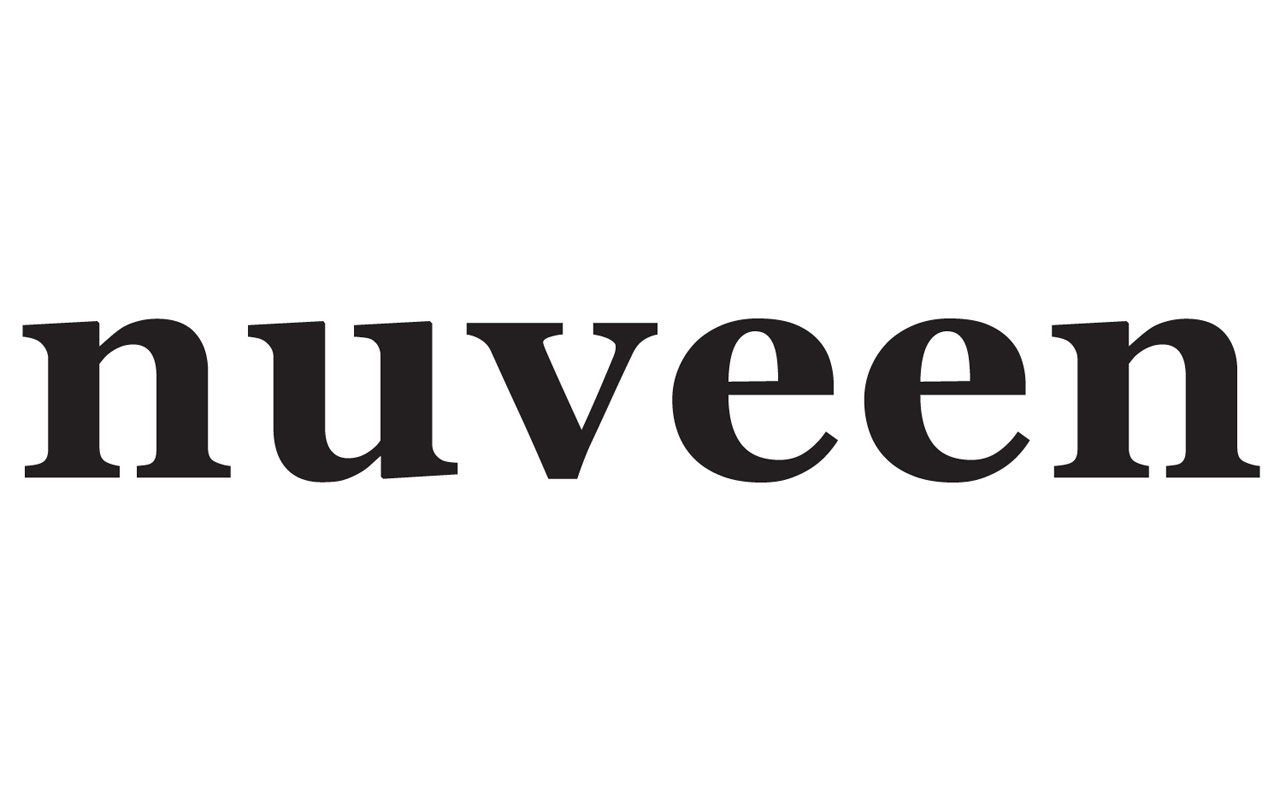
Nuveen ESG Mid-Cap Growth ETF
- Assets under management: $83.2 million
- Dividend yield: 0.3%
- Expenses: 0.40%
Last among our best growth ETFs is a fund that mixes a couple of investing themes. For one, mid-cap stocks have proven to be long-term winners. And now, with the coronavirus pandemic expected to have significant ramifications on the global economic outlook, ESG investing is expected to take off over the next year.
"Since the COVID-19 public health emergency up-ended the world, the latest broad analysis shows that ESG funds have typically continued to outperform others," Nigel Green, the head of deVere Group, an international financial consultancy, told International Investment.
"Demographic shifts will support the trend. Millennials – those who were born in the time period ranging from the early 1980s to the mid-1990s and early 2000s – cite ESG investing as their top priority when considering investment opportunities."
The Nuveen ESG Mid-Cap Growth ETF (NUMG, $30.32) gives investors the best of both worlds: mid-cap stocks and ESG investing.
NUMG tracks the performance of the TIAA ESG USA Mid-Cap Growth Index, which selects mid-cap stocks based on five growth criteria including forward-looking, current and historical rates. It will not invest in companies that are involved in alcohol, tobacco, nuclear power, gambling, and firearms and other weapons. In addition, companies eligible for inclusion are excluded if they exceed certain carbon-based ownership and emissions thresholds.
No surprise that information technology is tops at 25% of the fund. But there's also a wide swath of health care stocks (21%) and industrials (18%).
NUMG holds more than 70 companies, with top 10 holdings – including Verisk Analytics (VRSK), DexCom (DXCM) and Domino's Pizza (DPZ) – accounting for about 23% of the portfolio's assets.
Learn more about NUMG at the Nuveen provider site.
Profit and prosper with the best of Kiplinger's advice on investing, taxes, retirement, personal finance and much more. Delivered daily. Enter your email in the box and click Sign Me Up.

Will has written professionally for investment and finance publications in both the U.S. and Canada since 2004. A native of Toronto, Canada, his sole objective is to help people become better and more informed investors. Fascinated by how companies make money, he's a keen student of business history. Married and now living in Halifax, Nova Scotia, he's also got an interest in equity and debt crowdfunding.
-
 Betting on Super Bowl 2026? New IRS Tax Changes Could Cost You
Betting on Super Bowl 2026? New IRS Tax Changes Could Cost YouTaxable Income When Super Bowl LX hype fades, some fans may be surprised to learn that sports betting tax rules have shifted.
-
 How Much It Costs to Host a Super Bowl Party in 2026
How Much It Costs to Host a Super Bowl Party in 2026Hosting a Super Bowl party in 2026 could cost you. Here's a breakdown of food, drink and entertainment costs — plus ways to save.
-
 3 Reasons to Use a 5-Year CD As You Approach Retirement
3 Reasons to Use a 5-Year CD As You Approach RetirementA five-year CD can help you reach other milestones as you approach retirement.
-
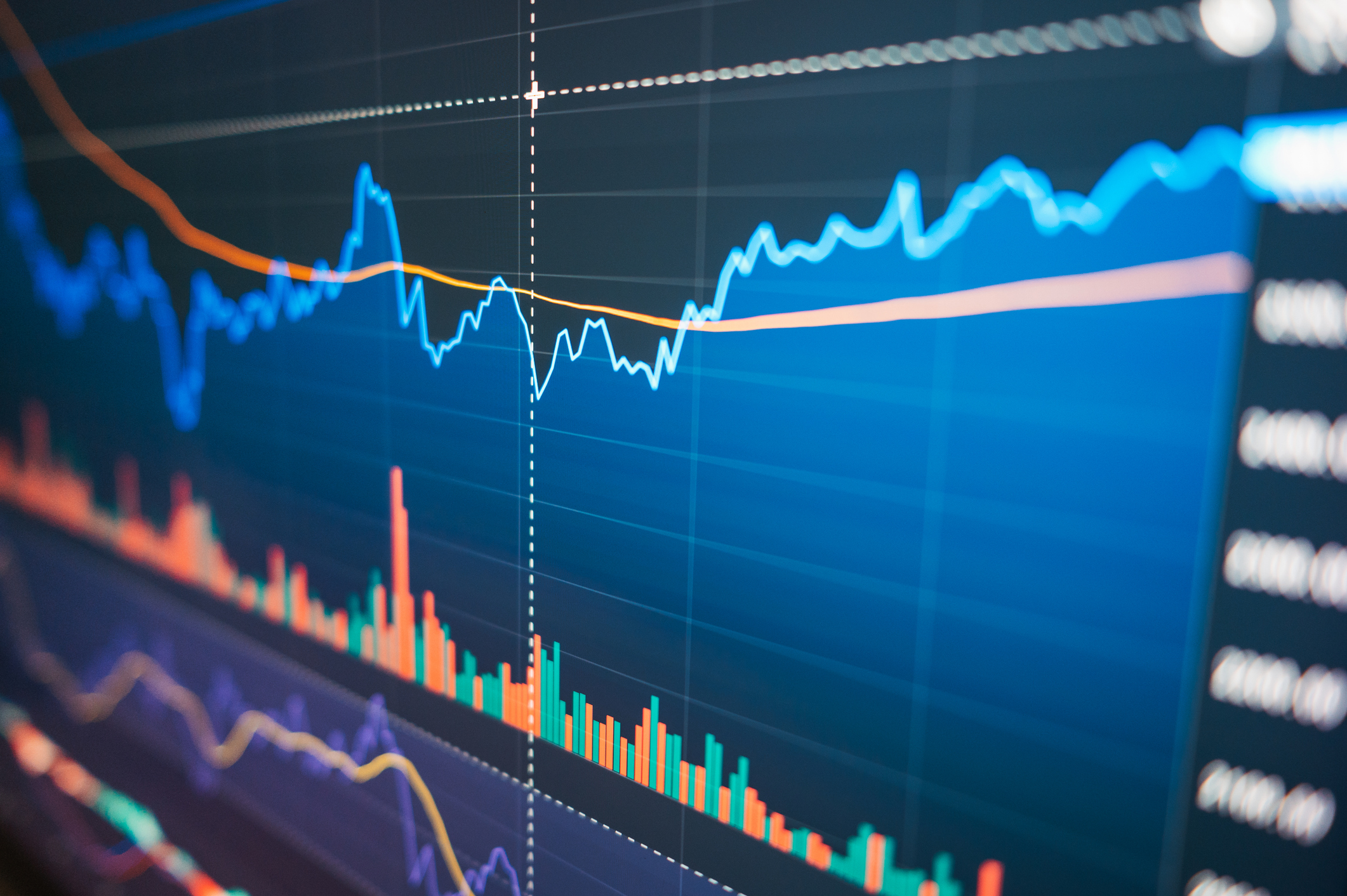 Stock Market Today: S&P 500, Nasdaq Hit New Highs on Retail Sales Revival
Stock Market Today: S&P 500, Nasdaq Hit New Highs on Retail Sales RevivalStrong consumer spending and solid earnings for AI chipmaker Taiwan Semiconductor Manufacturing boosted the broad market.
-
 Stock Market Today: Powell Rumors Spark Volatile Day for Stocks
Stock Market Today: Powell Rumors Spark Volatile Day for StocksStocks sold off sharply intraday after multiple reports suggested President Trump is considering firing Fed Chair Jerome Powell.
-
 The 24 Cheapest Places To Retire in the US
The 24 Cheapest Places To Retire in the USWhen you're trying to balance a fixed income with an enjoyable retirement, the cost of living is a crucial factor to consider. Is your city the best?
-
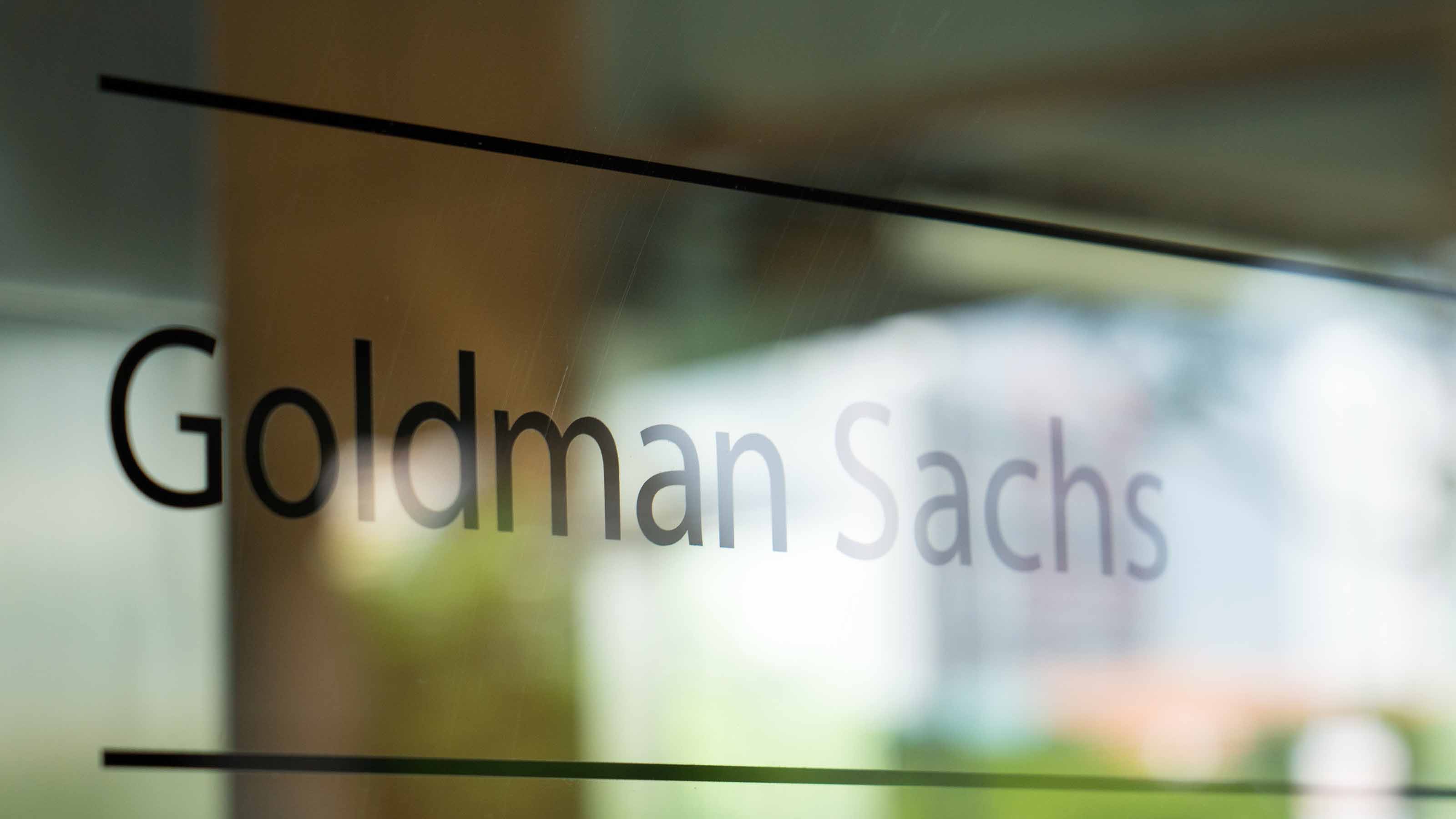 Is Goldman Sachs Stock Still a Buy After Earnings?
Is Goldman Sachs Stock Still a Buy After Earnings?Goldman Sachs stock is struggling for direction Tuesday even after the financial giant beat expectations for its third quarter. Here's what you need to know.
-
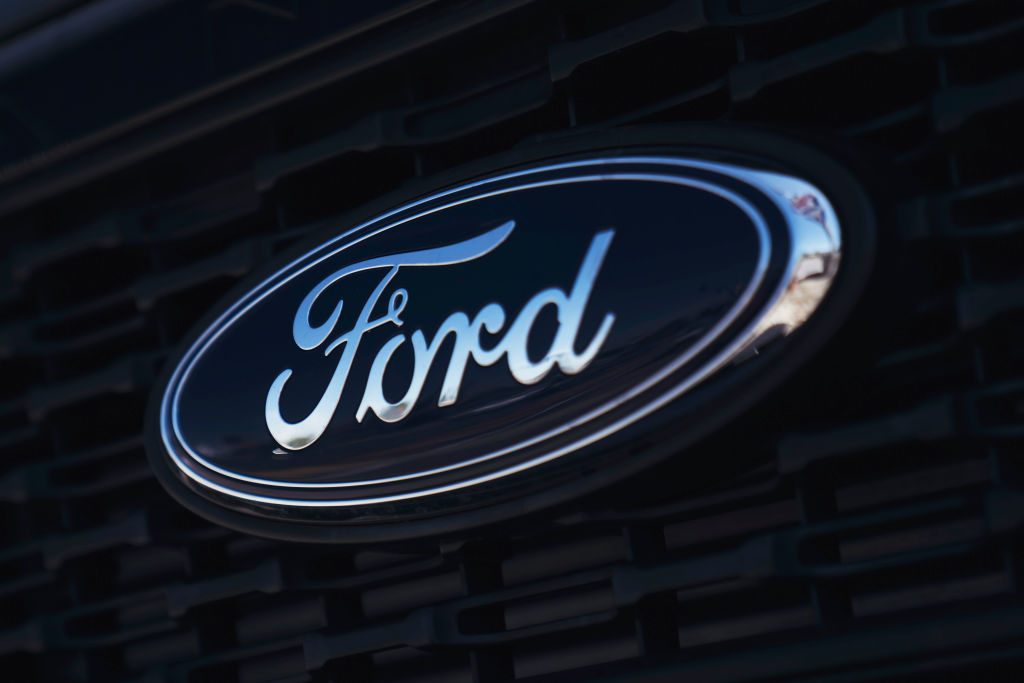 Ford Stock Is Rising After Getting a Big Upgrade at Goldman Sachs
Ford Stock Is Rising After Getting a Big Upgrade at Goldman SachsFord stock has struggled in recent months, but Goldman Sachs is upbeat about improving profitability. Here's what you need to know.
-
 Goldman Sachs Reports Q2 Earnings Beat, Dividend Hike
Goldman Sachs Reports Q2 Earnings Beat, Dividend HikeGoldman Sachs stock finished higher Monday after the big bank beat expectations for its second quarter and raised its dividend. Here's what you need to know.
-
 Stock Market Today: Stocks Sink Ahead of February Jobs Report
Stock Market Today: Stocks Sink Ahead of February Jobs ReportThe major benchmarks finished solidly lower Thursday as bank stocks sold off.
-
 5 Stocks to Sell or Avoid Now
5 Stocks to Sell or Avoid Nowstocks to sell In a difficult market like this, weak positions can get even weaker. Wall Street analysts believe these five stocks should be near the front of your sell list.
